- This event has passed.
Ecological Plant Conference – 2021
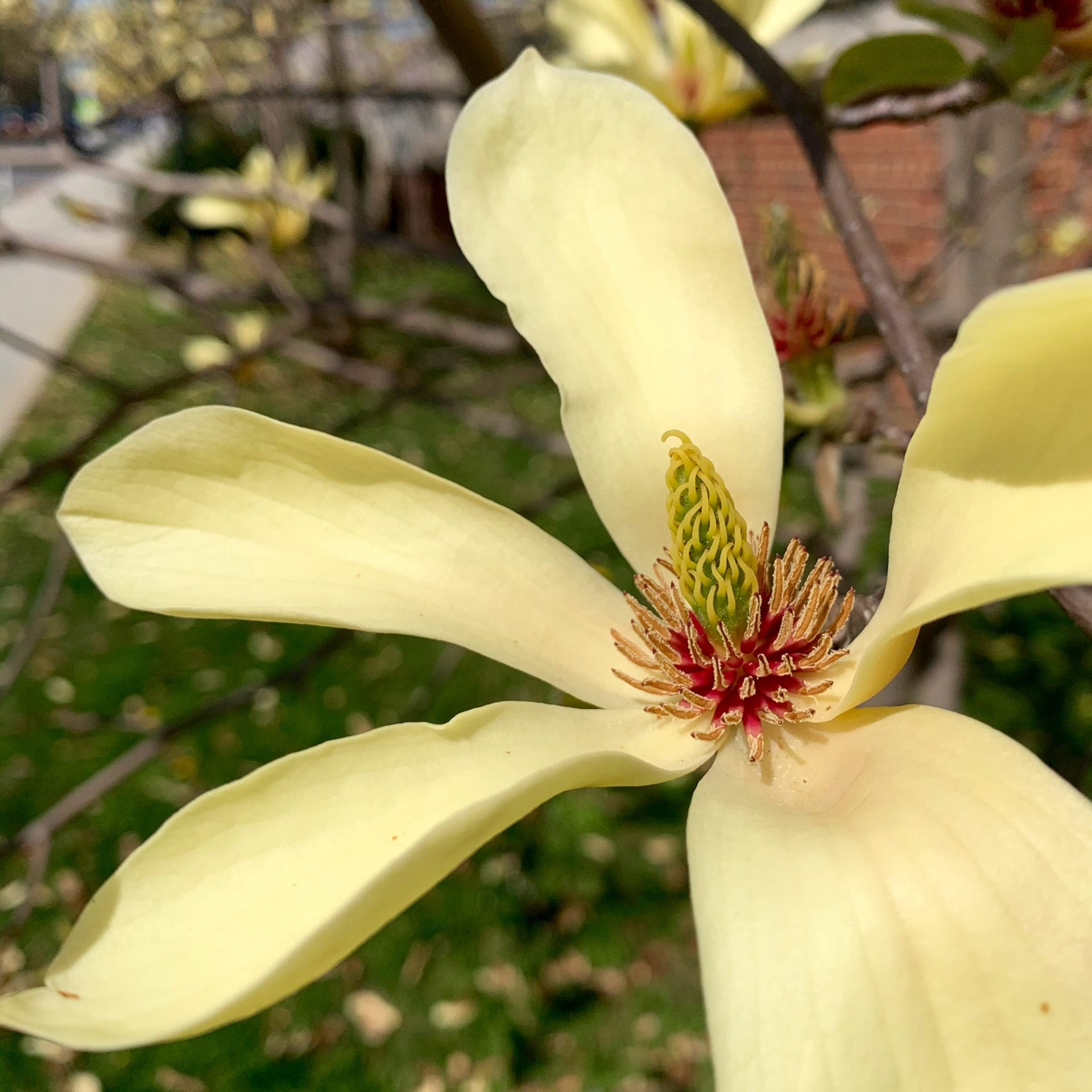
Click here for
conference sponsorship opportunities.
Again in this fall, ELA will host the Ecological Plant Conference online.
Innovative tools and interactive collaborations will ensure that this online conference provides participants with an engaging and inspiring experience – with no travel time or transportation required.
The benefits of human proximity to plants is well documented and is just one of the many reasons that we all design, propagate, install, maintain, discuss, and enjoy plants. This year, the Ecological Plant Conference (EPC) will delve into five plant-centric topics to educate, entertain, and inspire you. Join us for the sixth annual EPC deep dive into plants old and new.
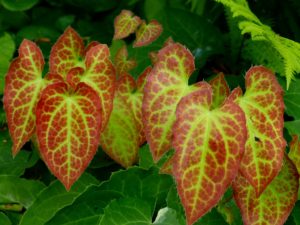
The Garden Base Layer: Native Groundcovers
Duncan Himmelman
Kick mulch to the curb! Replace it with texturally interesting native plants that help to unify your landscape and provide important ecological services.
In his presentation, Duncan will highlight a selection of herbaceous and woody plants to use as groundcovers in a variety of growing conditions. Gardeners of all levels will be inspired to make the switch from vinca and Japanese pachysandra to smarter choices: native groundcovers!
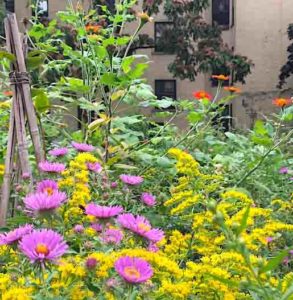 Biodiversity Here and Now: Creating Urban Habitats
Biodiversity Here and Now: Creating Urban Habitats
Veronica Tyson-Strait
Many urban dwellers share a desire to garden. For the immigrant gardener there is an urgent need to adopt the new alien landscape and adapt it into a new home. Often that goal includes growing ornamental plants and food crops with ties to a cultural past, even if this home is on the 26th floor. Yet, we must acknowledge the environmental benefits of growing plants native to the region we inhabit.
Veronica will showcase the diverse ecosystems of her country of birth and their influence in the evolution of her passion for plants native to North America. She will make connections between pollinators and birds in her New York gardens, highlight a few of her favorite native plants, and explain how she utilizes limited space and incorporates
habitats into her garden designs.
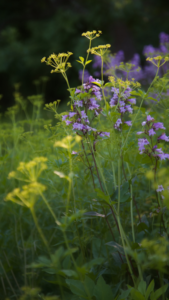 New Naturalism: Lessons from Wild Plant Communities
New Naturalism: Lessons from Wild Plant Communities
Kelly Norris
Drawing on his many years of horticulture experience, Kelly Norris will share in-depth lessons learned from plant communities, both natural plant communities in the wild and designed communities in the built landscape. Kelly explores plant ecology and provides invaluable strategies for landscape designers and land managers. Kelly’s love for native plants and his experiences with wild plant communities have shaped his career in profound ways. As a so-called hort-ecologist, Kelly strives to interpret native ecosystems into beautiful, functional landscapes in the urban context. Too often, professional horticulturists appropriate plants as if they were inanimate objects, instead of truly understanding how plants interact and function within the landscape environment. Join us for an exploration of wild plant communities and their constituents from across North America that will inspire and inform your professional practice whether as a grower, retailer or designer.
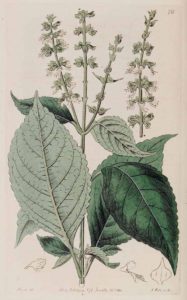
African Basil
Plants that Sustained a Broken World:
Enslaved African Contributions to Medicine and Botany
Dr. Carolyn Roberts
In the midst of the violence and brutality of the Atlantic slave trade, enslaved Africans became known for their valuable medical and botanical knowledge. Their expertise contributed to early modern medicine and science.
In this presentation, Yale Professor Carolyn Roberts will discuss this little-known botanical history. She will explore the plants enslaved Africans used, how they made medicines, and what present-day phyto-chemical research reveals about why these medicines were so effective.
Panel Discussion
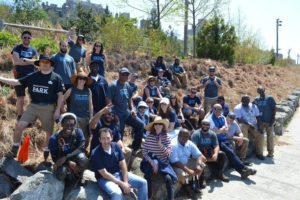 Good Communication and Respect:
Good Communication and Respect:
Keystones for Team Building on Landscape Crews
Rebecca McMackin, Panel Moderator
Panelists: Kim Cass, Evelyn Manlove, Rashid Poulson
At the end of the workday, we all want to feel a sense of accomplishment and contentment about the day’s efforts. How well we relate to colleagues and members of our landscape crews has a profound influence on whether it has been a good day or a frustrating one.
Effective communication and teamwork will help a crew (or any other project team) maintain a positive work environment. Effective communication also permeates throughout all areas of business operations; a positive workplace means happier employees are interacting with one another, contractors, and with clients (whether homeowners or public park guests) in a pleasant and positive manner.
Businesses of all sizes need dedicated employees that understand the importance of teamwork in achieving goals and requires that employees communicate in ways that promote team cohesion – not division. On diverse teams, where there is not a shared cultural background or language, the challenges of team building are more complex though equally or more important.
Join panel moderator, Rebecca McMackin to learn some of the team building and communication strategies used among the diverse crew members at Brooklyn Bridge Park. You are sure to learn techniques that you can bring back to your workplace.
About the Speakers
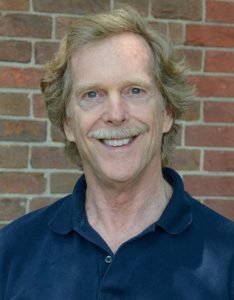 Duncan Himmelman, PhD, is the former Education Manager at Mt. Cuba Center. He earned his doctorate in Ornamental Horticulture at Cornell University, taught college for 24 years, and has contributed to a number of horticultural publications. Duncan managed a 20 acre estate in Greenwich, CT and has designed landscapes for both private and public clients in New York City, Toronto, and Chicago.
Duncan Himmelman, PhD, is the former Education Manager at Mt. Cuba Center. He earned his doctorate in Ornamental Horticulture at Cornell University, taught college for 24 years, and has contributed to a number of horticultural publications. Duncan managed a 20 acre estate in Greenwich, CT and has designed landscapes for both private and public clients in New York City, Toronto, and Chicago.
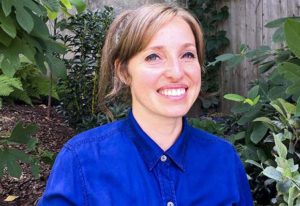 Rebecca McMackin is Director of Horticulture at Brooklyn Bridge Park in Brooklyn, NY. She is an ecologically obsessed horticulturist and garden designer. By day, she she manages Brooklyn Bridge Park’s 85 acres of diverse parkland organically and with an eye towards habitat creation for birds, butterflies, and soil microorganisms. In her imaginary free time, Rebecca writes about landscape management and pollination ecology, as well as designs the occasional garden. She sits on the boards of Metro Hort Group, is a NOFA-certified Landcare Professional as well as an ISA-certified Arborist and was formerly a Trustee on Ecological Landscape Alliance Board.
Rebecca McMackin is Director of Horticulture at Brooklyn Bridge Park in Brooklyn, NY. She is an ecologically obsessed horticulturist and garden designer. By day, she she manages Brooklyn Bridge Park’s 85 acres of diverse parkland organically and with an eye towards habitat creation for birds, butterflies, and soil microorganisms. In her imaginary free time, Rebecca writes about landscape management and pollination ecology, as well as designs the occasional garden. She sits on the boards of Metro Hort Group, is a NOFA-certified Landcare Professional as well as an ISA-certified Arborist and was formerly a Trustee on Ecological Landscape Alliance Board.
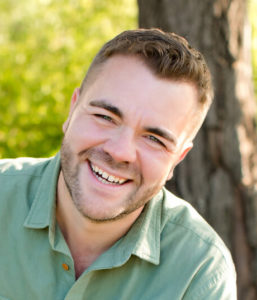 Kelly D. Norris is one of the leading horticulturists of his generation. An award-winning author and plantsman, Kelly’s work in gardens has been featured in The New York Times, Organic Gardening, Better Homes and Gardens, Martha Stewart Living, Fine Gardening and Garden Design and in numerous local and regional media appearances. His passion for planting at the intersections of horticulture and ecology has culminated in a new book New Naturalism: Designing and Planting a Resilient, Ecologically Vibrant Home Garden which debuts 2021 from Cool Springs Press. Kelly also presents plants for Cottage Farms Direct on QVC and lectures widely to consumer and industry audiences.
Kelly D. Norris is one of the leading horticulturists of his generation. An award-winning author and plantsman, Kelly’s work in gardens has been featured in The New York Times, Organic Gardening, Better Homes and Gardens, Martha Stewart Living, Fine Gardening and Garden Design and in numerous local and regional media appearances. His passion for planting at the intersections of horticulture and ecology has culminated in a new book New Naturalism: Designing and Planting a Resilient, Ecologically Vibrant Home Garden which debuts 2021 from Cool Springs Press. Kelly also presents plants for Cottage Farms Direct on QVC and lectures widely to consumer and industry audiences.
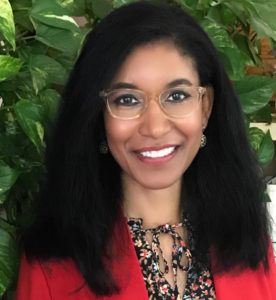 Dr. Carolyn E. Roberts is an historian of medicine and science at Yale University. She holds a joint appointment in the departments of History/History of Science and Medicine, and African American Studies. She also holds a secondary appointment at Yale School of Medicine in the History of Medicine. Her research interests concern the relationship between race and medicine which she explores by way of slavery and the Atlantic slave trade, natural history and botany, and African-descended knowledge in the Atlantic world.
Dr. Carolyn E. Roberts is an historian of medicine and science at Yale University. She holds a joint appointment in the departments of History/History of Science and Medicine, and African American Studies. She also holds a secondary appointment at Yale School of Medicine in the History of Medicine. Her research interests concern the relationship between race and medicine which she explores by way of slavery and the Atlantic slave trade, natural history and botany, and African-descended knowledge in the Atlantic world.
Dr. Roberts is currently working on a book manuscript, under contract with Harvard University Press. To Heal and To Harm: Medicine, Knowledge, and Power in the British Slave Trade traces the troubling relationship between the British slave trade and the development of modern medicine.
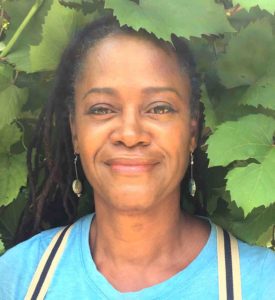 Veronica Tyson-Strait is a landscape and garden designer, horticulturist, educator and fine artist specializing in native ecologies, school and community gardens and spaces that provide opportunities for reflection, wellness and sustenance. Veronica grew up in the Caribbean, surrounded by fields of sugarcane, rainforests and hillsides crisscrossed by multitudes of rivers, all sustaining incredible fauna. She lives, designs and gardens in New York, blogs about landscapes, ecology and gardening and teaches classes at the Brooklyn Botanical Gardens.
Veronica Tyson-Strait is a landscape and garden designer, horticulturist, educator and fine artist specializing in native ecologies, school and community gardens and spaces that provide opportunities for reflection, wellness and sustenance. Veronica grew up in the Caribbean, surrounded by fields of sugarcane, rainforests and hillsides crisscrossed by multitudes of rivers, all sustaining incredible fauna. She lives, designs and gardens in New York, blogs about landscapes, ecology and gardening and teaches classes at the Brooklyn Botanical Gardens.
Influenced by landscapes, anthropology and ecology, Veronica creates art, often containing messages relating to ecology, environmentalism and activism. She holds a Masters in Landscape Architecture and is a graduate of the Cooper Union School of Art.
Continuing Education Credits
CEUs have been granted by APLD, LA CES, MCH, MALP, and NOFA OLCP.
Agenda
| 8:30 – 9:00 | Check-in and tech check |
| 9:00 – 10:00 | Duncan Himmelman – The Garden Base Layer: Native Groundcovers |
| 15 minute break | |
| 10:15 – 11:15 | Veronica Tyson-Strait – Biodiversity Here and Now: Creating Urban Habitats |
| 15 minute break | |
| 11:30 – 12:30 | Kelly Norris – New Naturalism: Lessons from Wild Plant Communities |
| 45 minute break | |
| 1:15 – 2:15 | Dr. Carolyn Roberts – Plants that Sustained a Broken World: Enslaved African Contributions to Medicine and Botany |
| 15 minute break | |
| 2:30 – 3:30 | Panel Discussion Moderated by Rebecca McMackin Good Communication and Respect: Keystones for Team Building on Landscape Crews |
3:30 – 4:00 CEU Processing – Networking
Details
- Date:
- Fri, December 3, 2021
- Time:
-
8:30 am EST - 4:30 pm EST
- Event Category:
- Conferences
Organizer
- ELA Office
- Email:
- ELAInfo@ecolandscaping.org
- Website:
- View Organizer Website


